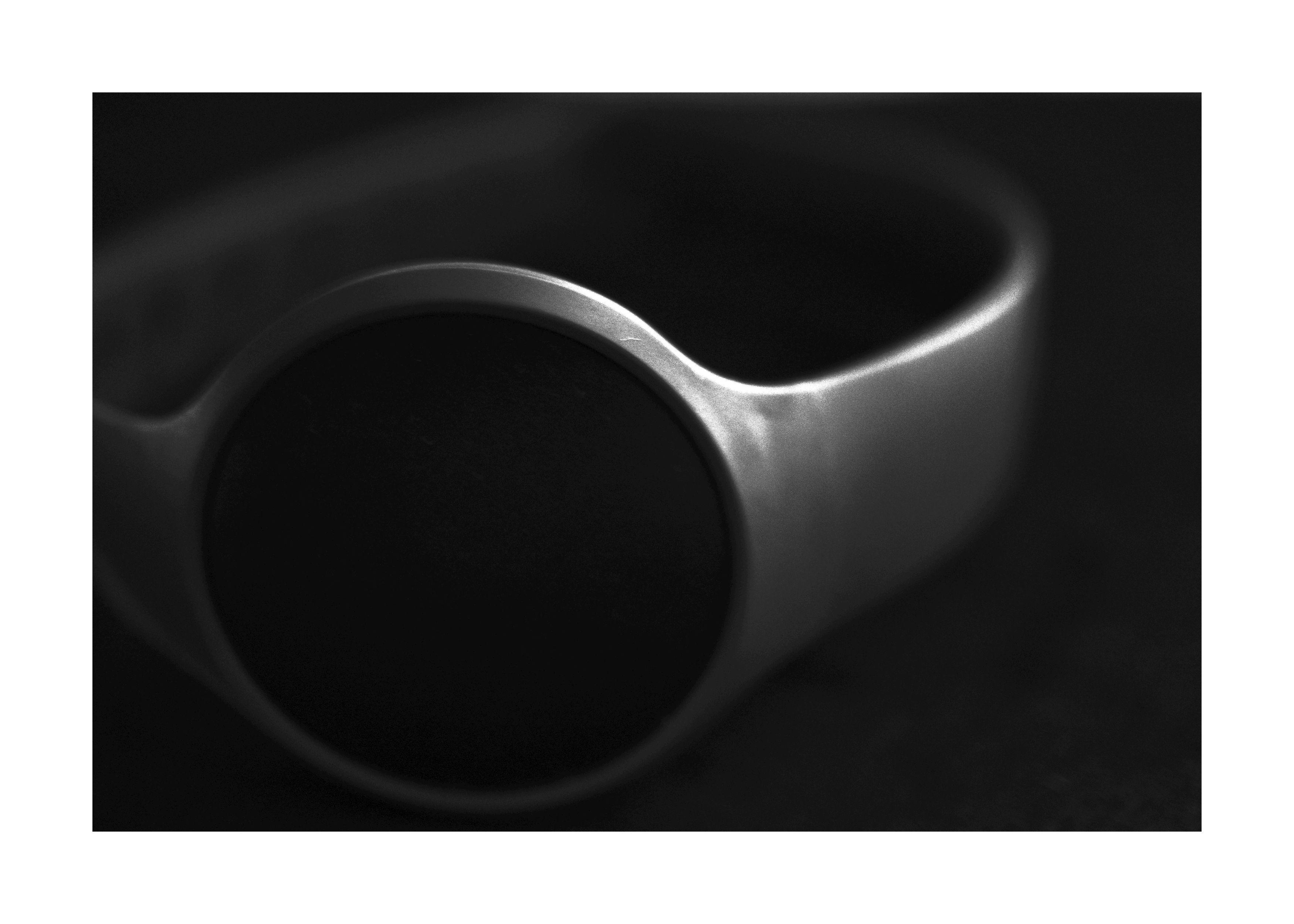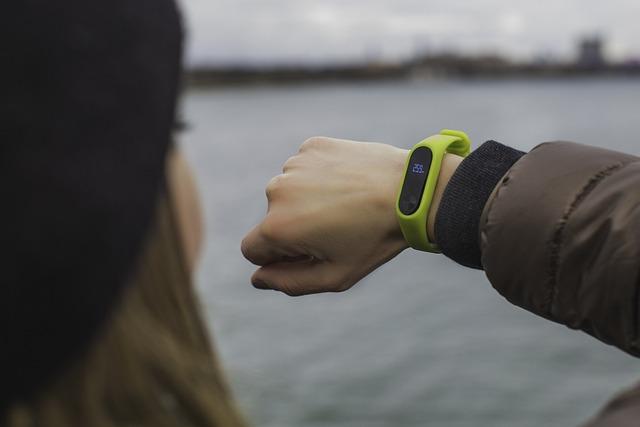In the age of wearable technology, fitness trackers have become ubiquitous companions on our wrists, silently monitoring our every move, heartbeat, and calorie burn. These sleek devices promise to revolutionize personal health by providing real-time data and insights that empower us to make informed decisions about our well-being. Yet, as we become more reliant on these digital fitness gurus, a question arises: are these trackers placing too much emphasis on cardio metrics, potentially overshadowing other crucial aspects of our health? This article delves into the intricate world of fitness tracking, exploring whether the focus on cardio metrics is warranted or if it inadvertently narrows our understanding of holistic fitness. Join us as we unravel the intricate dance between technology and health, and ponder whether our trackers might need a recalibration to better serve the diverse tapestry of human wellness.
Rethinking the Heartbeat Focus: A Closer Look at Cardio-Centric Fitness Tracking
In the realm of fitness tracking, the spotlight often shines on cardiovascular metrics, heralding them as the ultimate indicator of health and fitness. Yet, this cardio-centric approach might be obscuring the broader picture of overall well-being. While heart rate, VO2 max, and calorie burn are undeniably important, focusing solely on these can overshadow other vital aspects of fitness. By emphasizing these metrics, users may overlook the importance of muscular strength, flexibility, and mental health—all integral components of a well-rounded fitness regime.
To balance the scales, fitness trackers could expand their focus to include a more holistic array of metrics. Consider the following enhancements:
- Strength Training Metrics: Incorporating sensors that track muscle exertion and recovery times.
- Flexibility Tracking: Using motion sensors to evaluate range of motion and flexibility improvements.
- Mental Health Indicators: Integrating stress levels and mindfulness practices into daily tracking.
By diversifying the data collected, fitness trackers can offer a more comprehensive insight into an individual’s health journey, empowering users to achieve a balanced approach to fitness.

Beyond the Steps: Uncovering the Hidden Potential of Diverse Health Metrics
In a world where fitness trackers are omnipresent, it’s easy to become fixated on cardio metrics like steps, heart rate, and calories burned. However, these devices hold the untapped potential to provide a more comprehensive picture of our overall health. By expanding our focus beyond these traditional metrics, we can unlock insights that cater to a broader spectrum of well-being.
- Sleep Quality: More than just tracking hours, understanding sleep stages can offer insights into recovery and stress levels.
- Stress Monitoring: Features like heart rate variability can give clues about how well your body manages stress.
- Mindfulness Tracking: Tools for meditation and breathing exercises can promote mental health, often overlooked by cardio-centric approaches.
- Hydration Levels: Some trackers now offer reminders and insights into hydration, crucial for both physical and cognitive function.
By embracing these diverse health metrics, we move towards a holistic approach to fitness that not only improves physical health but also enhances mental and emotional well-being. This shift challenges the notion that cardio metrics alone define our fitness journey.

Balancing the Scale: How to Integrate Comprehensive Health Insights in Fitness Trackers
In the realm of fitness technology, the prevailing focus has often been on cardio metrics. While these are crucial for understanding heart health and endurance, there’s a growing need to integrate more comprehensive health insights into fitness trackers. This approach ensures a holistic understanding of one’s well-being, beyond just the number of steps taken or calories burned.
- Strength Training Metrics: Incorporating metrics like muscle growth and recovery times can offer users a more balanced view of their physical progress.
- Flexibility and Mobility: Trackers could benefit from sensors that assess flexibility and mobility, offering feedback on stretching routines and joint health.
- Mental Health Indicators: By including stress levels, mood tracking, and mindfulness prompts, fitness trackers can help users maintain a balanced mental state.
- Sleep Quality Analysis: Beyond just hours slept, insights into sleep cycles and disturbances can inform users about the quality of their rest.
By integrating these diverse metrics, fitness trackers can provide a richer tapestry of health data, empowering users to make informed decisions that support their overall wellness journey.

Navigating the Data: Expert Tips for Maximizing Your Fitness Trackers Full Potential
While cardio metrics are undeniably a significant part of your fitness journey, understanding the full spectrum of data your fitness tracker provides can unlock new dimensions of health optimization. Delve beyond the basic heart rate and step count to explore metrics that might be hidden gems in your device’s interface. For instance, tracking sleep patterns can reveal insights into recovery and overall well-being, often overshadowed by the cardio data. Additionally, pay attention to stress levels and body composition metrics if your device supports them, as they offer a more comprehensive picture of your health.
To truly maximize your fitness tracker’s potential, consider the following tips:
- Regularly review your activity trends to identify areas for improvement.
- Customize your device’s settings to align with your personal fitness goals.
- Leverage community features or challenges to stay motivated.
- Integrate other health data sources, like nutritional apps, for a holistic view.
By broadening your focus from just cardio, you’ll not only enhance your fitness regime but also foster a deeper understanding of your body’s unique needs.
